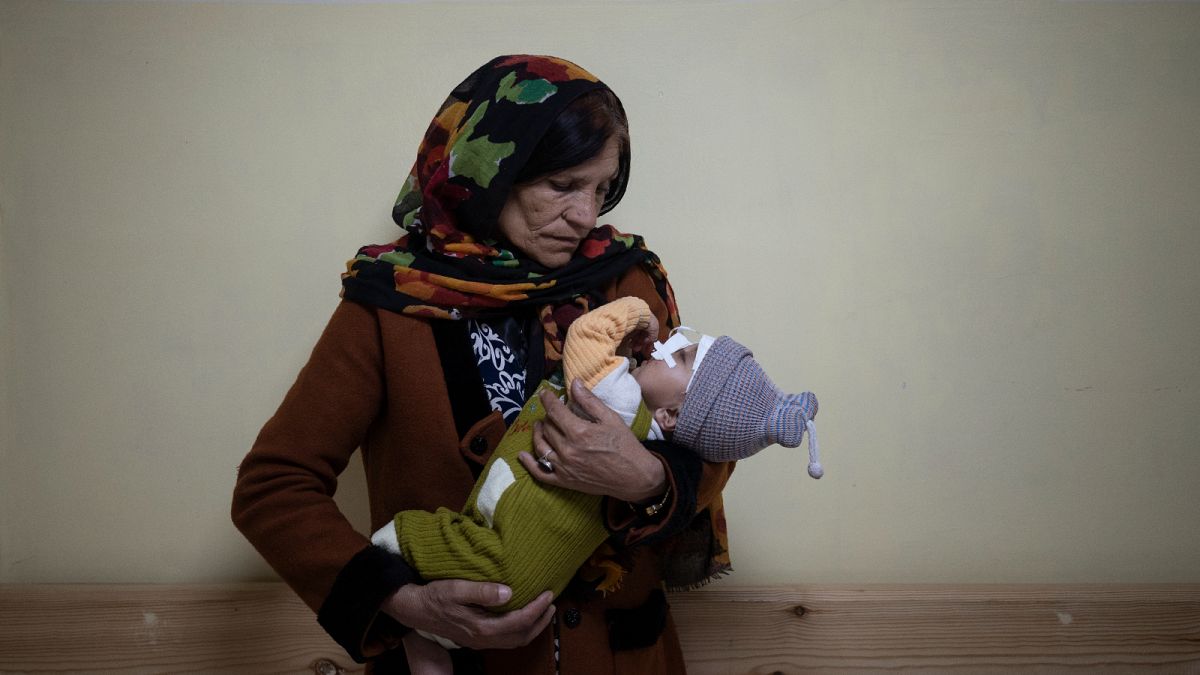The return of the Taliban to power has had disastrous consequences, with almost 98% of Afghans affected by the huge shortage of food plaguing the country.
With Afghanistan's economy in freefall, tens of millions of people are facing hunger, according to a UN estimate.
"Hunger is widespread and growing. The economy and health sectors are collapsing. There are cash shortages, and nearly an entire population might plunge below the poverty line next year, according to a few U.N. estimates," Irwin Loy, Asia Editor at the New Humanitarian magazine, told Euronews.
However, Loy said, "this is not just something that happened overnight".
"There was a severe drought that was putting about half the population in crisis mode already, and it's pretty unclear if the Taliban has the skills to run the country," he went on.
The return of the Taliban to power has had disastrous consequences, with almost 98% of Afghans affected by the huge shortage of food plaguing the country.
"I think it's the international response to the Taliban's rise that has really pushed the country to the brink, to the point where aid groups are using language like 'world's worst' and 'warning of famine coming in the coming months'."
"That's definitely a situation that has escalated by these sorts of sanctions and the inability of aid agencies to get money into the country and for Afghanistan to get its own money into the country."
Loy says there are solutions, "but right now I think there are still lots of questions and it's really come down to humanitarian aid agencies who are not really built to prop up the entire nation for this level of crisis to kind of weather the storm for the time being."
But the more Afghanistan's economy collapses, the more aid it needs, and the harder it is to kickstart the economy.
"I think it is a vicious cycle. Donors have essentially shifted the job of propping up the country through foreign aid from these larger development budgets managed by the World Bank and others, to much smaller humanitarian ones," Loy revealed.
"Humanitarian aid is, by nature, short-term, it's emergency-based. It's not supposed to be something that runs the country for months on end and certainly years on end. And so aid groups built for short-term aid are kind of responding to the fallout of long-term needs. So you have this cycle where the sanctions, the worry about breaking sanctions are really adding to the problem while humanitarian needs are getting worse."
Watch the full interview in the video player above.


